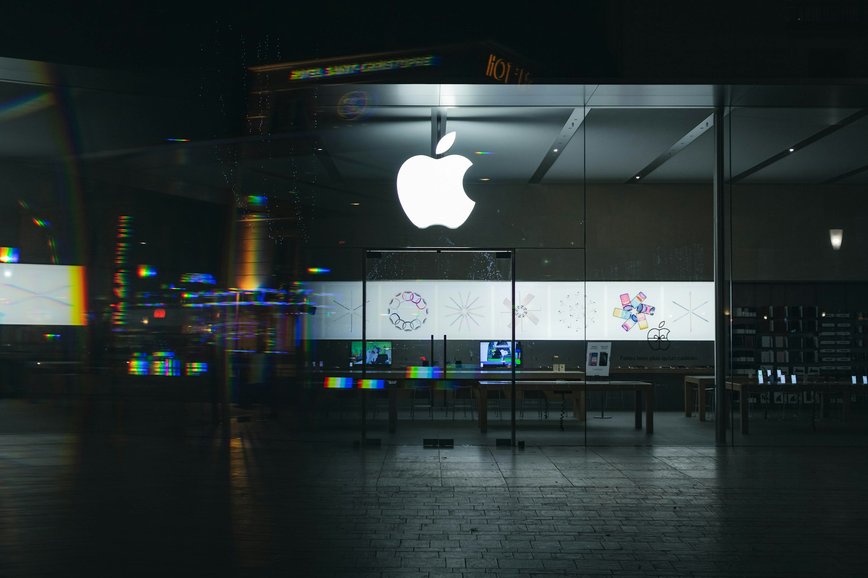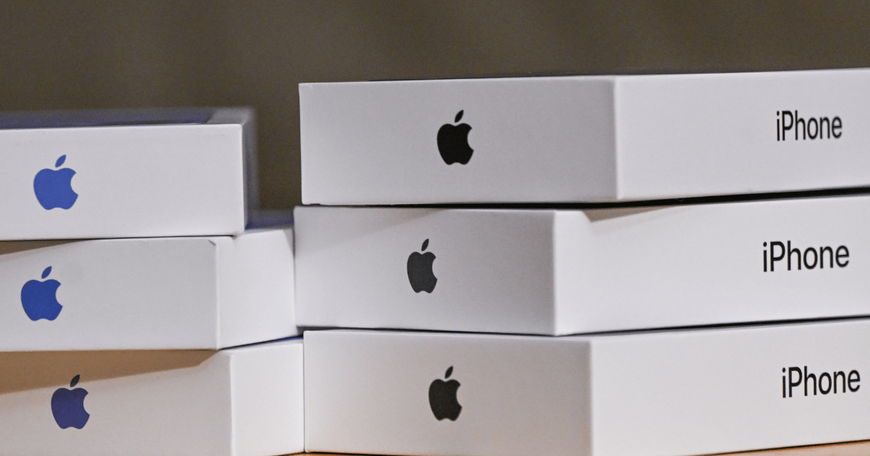
Iphone 17 Launch: Apple'S Ai Battle Continues on OnlyLikeFans

Apple's iPhone 17: More Hardware, Less Talk on AI
In a surprising pivot from last year's AI-heavy announcements, Apple took a different turn during its recent iPhone 17 launch event. The tech giant spent its stage time at Cupertino headquarters primarily highlighting camera enhancements and new health features, leaving artificial intelligence in the background. Despite CEO Tim Cook's proclamation of "the biggest leap ever for iPhone," the much-anticipated Apple Intelligence barely made it into the spotlight.
This shift is stark compared to last year's iPhone 16 event, where AI was at the forefront. Many of those promised features have yet to materialize, leaving tech enthusiasts and customers alike feeling underwhelmed. Jacqueline Roy, an Apple spokesperson, acknowledged in March that the rollout of these AI features would take more time than initially anticipated, with expectations set for next year.
“It’s going to take us longer than we thought to deliver on these features and we anticipate rolling them out in the coming year,” said Apple spokesperson Jacqueline Roy.

Competitors Forge Ahead in AI Race
While Apple takes a cautious approach, fierce competition is surging ahead. Companies like Google and Samsung have embraced AI, integrating features like real-time translation, spam blocking, and AI-powered writing tools directly into their devices. Google's Gemini AI and Samsung's advances with the Galaxy S25 series highlight Apple's noticeable lag in the AI race. Additionally, Apple has seen a brain drain with at least ten AI researchers moving to competitors such as Meta and OpenAI.
Amid these challenges, reports suggest Apple might partner with Google's Gemini or Anthropic's Claude to bolster its AI capabilities, marking a significant shift for a company that traditionally prides itself on in-house innovations. PCMag's Michael Muchmore points out that Apple's slow pace could be strategic, given that only about 10% of smartphone users prioritize AI features when considering upgrades. However, the need for a concerted effort to catch up with rivals like Google and Microsoft is clear.
Focus on Core Strengths
For now, Apple appears to be playing to its strengths – delivering sleek, reliable hardware. The introduction of the ultra-thin iPhone Air, heart rate monitoring AirPods Pro 3, and blood pressure-tracking Apple Watch underscores Apple's commitment to products that work seamlessly. This cautious strategy reflects the company's acknowledgment of past overpromises and its ongoing reputation as a leading hardware innovator.
As Apple plans to launch iOS 26 later this month with basic AI features like translation and text summarization, it seems the company is keen on balancing innovation with practicality. With the next-generation Siri slated for a 2026 release, Apple is taking a measured approach even as the tech world races toward AI. The message from Apple's latest event is clear – while AI remains a significant challenge, the company's focus on reliable, high-performance hardware continues to be its cornerstone.















